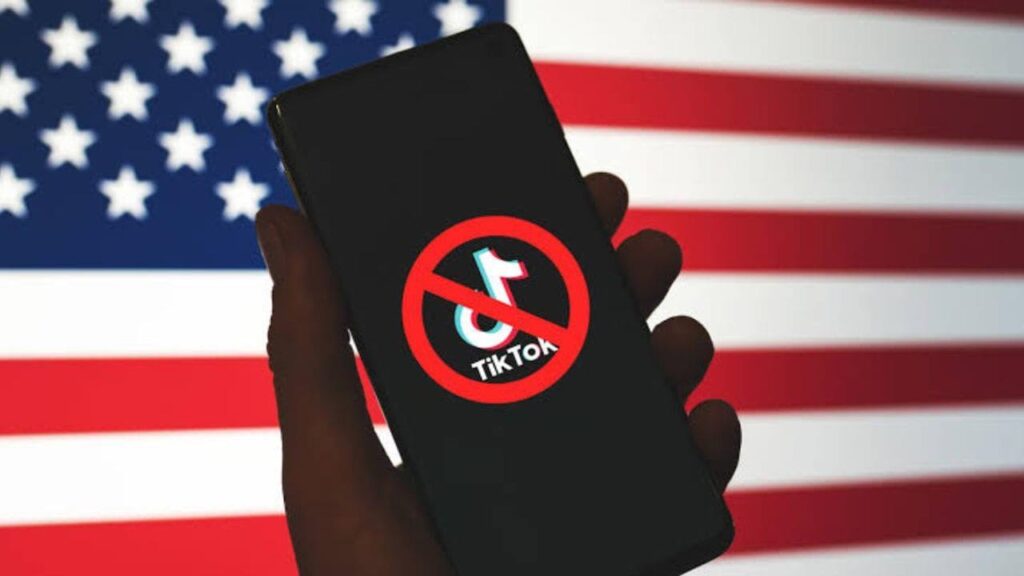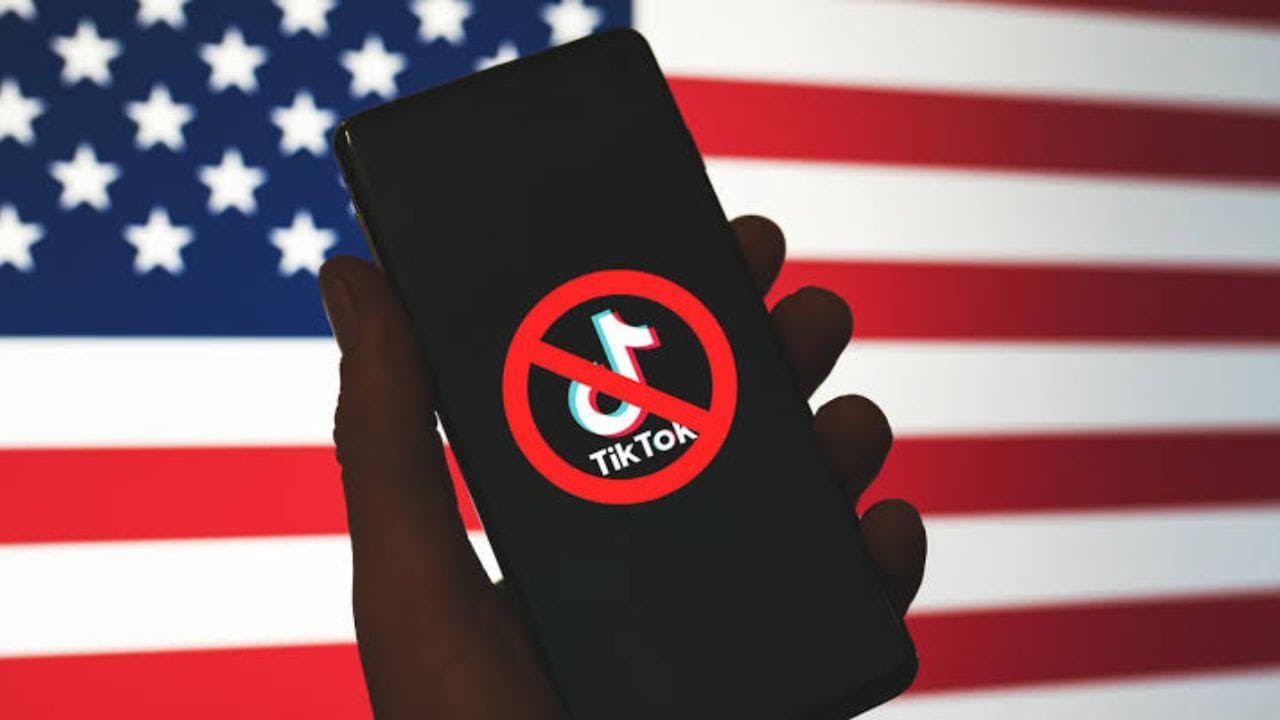The TikTok Debate: Balancing National Security and Social Media Diversity “Trump’s Take on TikTok Ban: Impact on Social Media and National Security”
Introduction to the TikTok Controversy
The conversation around TikTok, the Chinese-owned social media platform, has been reignited by Donald Trump, the presumptive Republican presidential nominee. In a recent interview Trump expressed concerns over the potential ban of TikTok in the United States, suggesting that such a move would inadvertently bolster Meta’s Facebook, a platform he views critically.

Trump’s Perspective on TikTok vs. Facebook
Trump’s tenure as U.S. President from 2017 to 2021 was marked by his combative stance against various technology platforms, including TikTok. Despite acknowledging TikTok’s national security and data privacy concerns, Trump highlighted the platform’s popularity and its significant youth following. “Without TikTok, you can make Facebook bigger, and I consider Facebook to be an enemy of the people,” Trump stated, pointing out the dual-edged nature of the issue.
The Popularity and Criticism of TikTok
TikTok, owned by ByteDance, a major Chinese internet firm, has seen a meteoric rise globally with its engaging short video content. However, its Chinese roots have sparked fears among regulators and lawmakers about potential data privacy breaches and national security threats. The apprehension stems from China’s National Intelligence Law of 2017, which mandates organizations and citizens to cooperate with state intelligence efforts, raising the specter of data sharing with the Beijing government.
Historical Attempts to Curb TikTok’s Influence
The Trump administration made headlines in 2020 with efforts to either ban TikTok from U.S. app stores or force ByteDance to sell its U.S. operations. These attempts, which included a notable bid from Microsoft, ultimately did not succeed. The concerns at the time mirrored today’s anxieties about the application’s influence and security implications.
Renewed Legislative Efforts Against TikTok
In light of ongoing apprehensions, U.S. legislators have introduced new proposals aimed at addressing the TikTok dilemma. These range from enforcing a divestiture of TikTok from ByteDance to outright banning the app. President Joe Biden has also voiced his national security concerns regarding TikTok, indicating a willingness to support legislative action against the platform.
Trump’s Evolving Stance on Social Media Dynamics
Interestingly, Trump’s current view reflects a softer stance towards TikTok, juxtaposed against his critical evaluation of Facebook’s role in society, particularly concerning privacy, security, and electoral processes. Trump’s comments suggest a nuanced perspective on the competition and power dynamics within the social media landscape, emphasizing the need for a balanced approach to regulation.
Conclusion: Navigating the Social Media Landscape
The ongoing debate around TikTok underscores the complex interplay between national security interests, the regulatory landscape, and the competitive dynamics of major social media platforms. As policymakers grapple with these issues, the conversation initiated by Trump’s recent remarks highlights the broader implications of social media regulation and its impact on both users and the industry at large. The future of TikTok in the U.S., along with the evolving role of platforms like Facebook, remains a contentious topic that will continue to shape the digital and geopolitical landscape.
